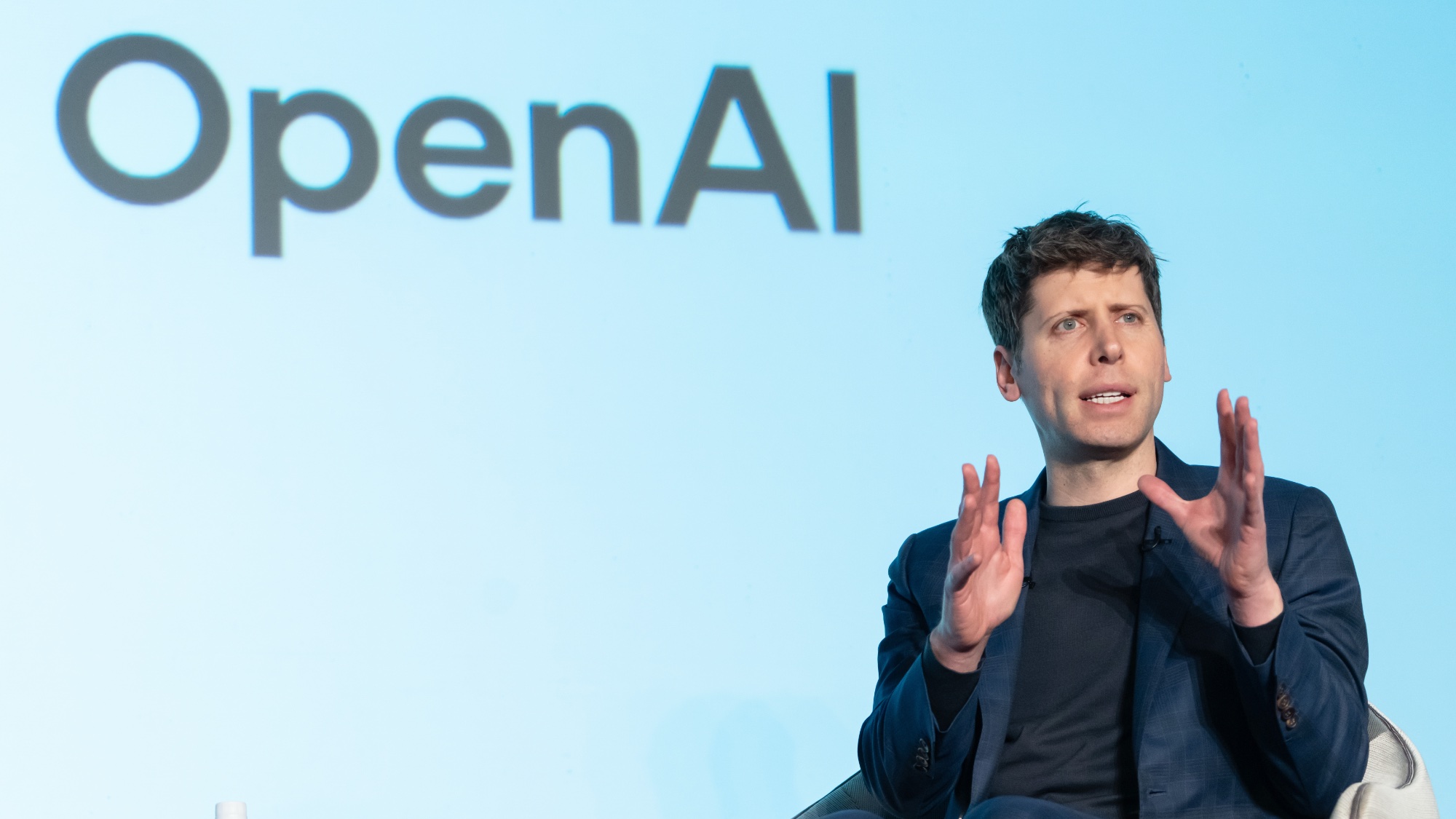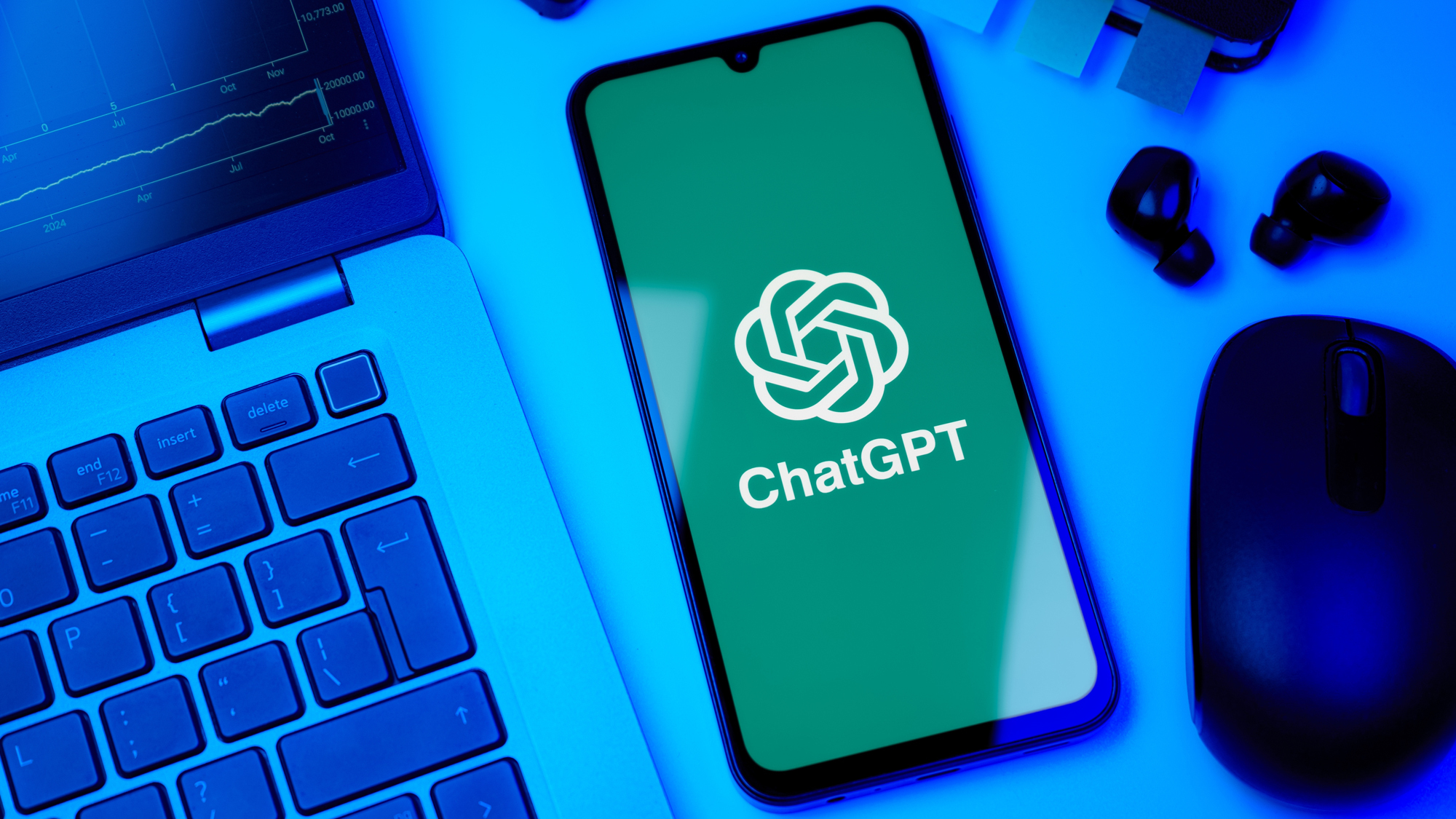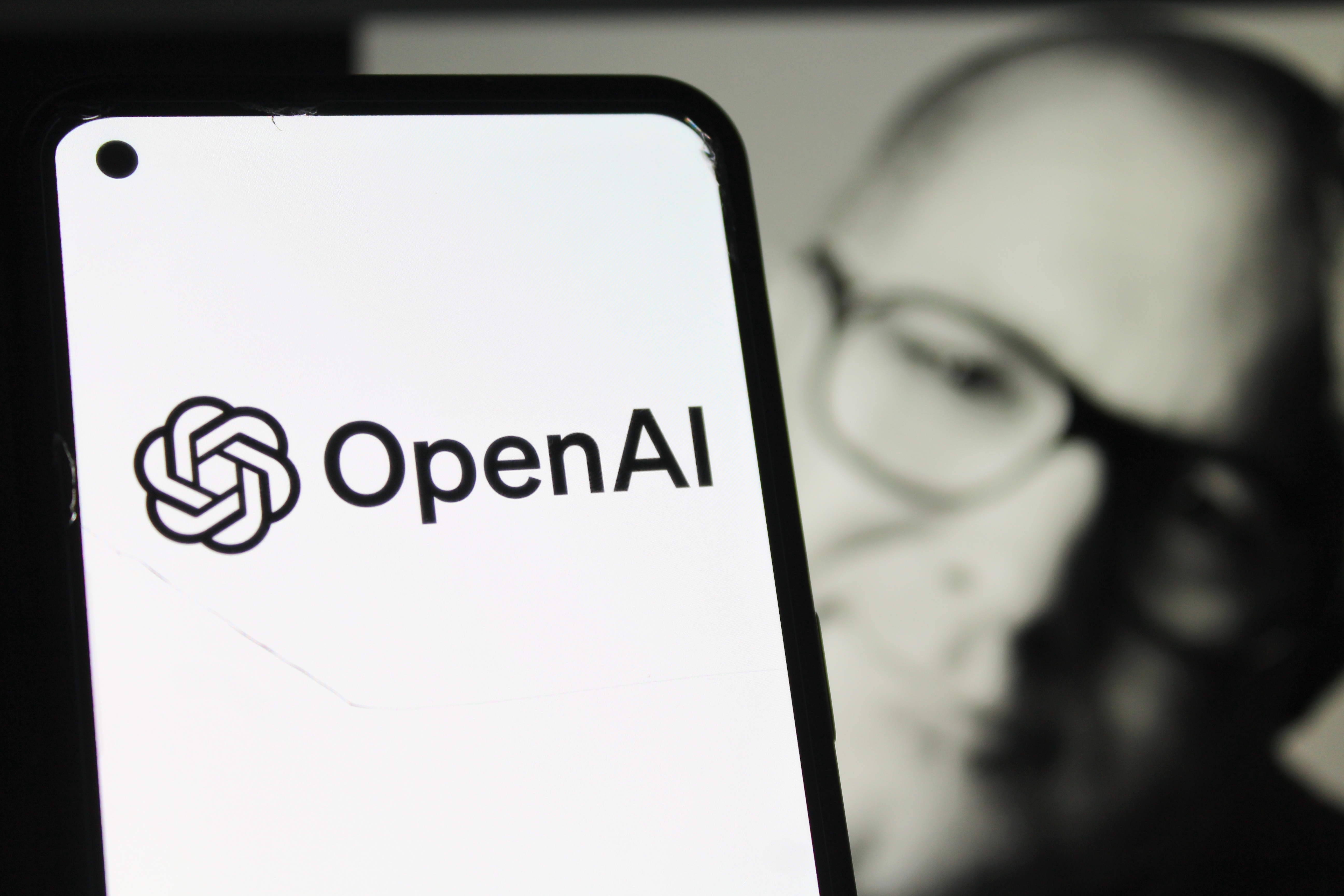
There has been a considerable push for transparency in the AI world. While it might not always feel this way, most of the largest AI companies regularly publish data about what they are working on, concerns they have and, in the case of Anthropic, full reports on their chatbots having complete meltdowns.
However, OpenAI seems to be taking it a step further, recently launching its own podcast. A weekly show, the podcast delves into both surface-level topics like why they believe ChatGPT has been so popular, and things a little bit deeper like their concerns over the future of AI.
All in all, these podcasts are the closest link we have to the inner thoughts of OpenAI — arguably the world's biggest and most powerful AI company.
Now onto their second episode, what has been said so far? And is there any valuable insights that can be found from these conversations? I dove in to bring you the highlights.
The launch of ChatGPT

The second episode of the podcast starts off with a discussion that, while not exactly revolutionary in nature, is quite interesting.
They discuss the launch of ChatGPT, revealing a few interesting points. Firstly, the company was very nearly called just ‘Chat’ before a last-minute decision reversed the name to ChatGPT.
Nick Turley, the head of ChatGPT, explains that the team thought their metrics were broken on launch because of how popular the tool was. It went viral in Japan on day three of the launch and by day four was viral around the world.
The day before the launch, the team was split over whether to launch ChatGPT. When tested on 10 questions the night before, it only offered acceptable answers for half.
GPT-5 launch date
Sam Altman mentioned the launch of GPT-5 in the first episode of the podcast. So, do we finally have a launch date? No. Altman parroted what we’ve already been hearing for a while that the model update will release in ‘the Summer’.
They went on to discuss naming plans, potentially using GPT-5, GPT-5.1 etc. This would put an end to the confusing naming scheme that has been seen in the past which jumps around numbers sporadically.
While a rough time period has been suggested for GPT-5, that could well be delayed further, especially as OpenAI has just lost a lot of its team to Meta AI, along with researchers from Google and DeepMind.
ChatGPT ads?
OpenAI, across all of its tools, hasn’t launched advertisements yet. In the first episode of the podcast, Altman emphasized the company’s desire to maintain trust, believing that putting ads into AI outputs could undermine credibility.
He goes on to say that other monetization options could be explored down the line, but for now, it looks like OpenAI will remain an advert-free service.
Overly-friendly chat and bias

ChatGPT recently had a ‘sycophancy incident’. This saw the model become overly flattering and agreeable in nature. While, in theory, this sounds like a good thing, it made the model creepier and more unsettling in some conversations.
It also had ChatGPT being overly agreeable, even when it shouldn’t be. This raised concerns about the use of the tool where pushback is needed. For example, with mental health concerns or serious life decisions being tested with ChatGPT.
They also addressed beliefs that ChatGPT has become “woke” in nature, stressing that neutrality is a measurement challenge, and not an easy one.
Mark Chen, Chief Research Officer at OpenAI discussed this on the podcast, explaining that this emerged from reinforcement learning from human feedback, inadvertently creating a bias towards pleasing responses.
Chen argued that OpenAI responded quickly, explaining that long-term usability is far more important than a friendlier chatbot.
They also addressed beliefs that ChatGPT has become “woke” in nature, stressing that neutrality is a measurement challenge, and not an easy one. He went on to say that defaults must be centered but flexible enough for users to steer conversations toward their own values.
Memory capabilities
Improved memory features have been one of the most requested features for ChatGPT. Turley predicted that, within two or three years, AI assistants will know users so well that privacy controls and “off the record” modes will be critical.
This feels like an undeniably creepy sentiment. While it will have its uses, with AI chatbots able to remember key details about you, for many, it will feel like a major invasion of privacy.
ChatGPT already has a temporary chat. This doesn’t appear in your history and won’t be added to ChatGPT’s memory or be used in training purposes. Other models like Claude and Le Chat have made a point of being more sensitive with your data.
Turley went on to observe that many users are already forming relationships with AI. This, he goes on to point out, can be both helpful and harmful. Going forward, the team is wary of this and said it will need careful monitoring.
OpenAI’s new device

Altman very briefly discussed the launch of OpenAI’s new device in collaboration with Jony Ive. This hit a massive wall recently when OpenAI got into a lawsuit with a company claiming they stole their idea.
In the podcast, Altman states that “it will be a while” until the device comes out. He goes on to say that “computers that we use today weren’t designed for a world of AI.”
This, he explains, means they’ve been exploring a new take on that kind of technology, aiming to create something that is more aware of your life and surroundings. Making something like this takes time though, and with everything else going on at OpenAI, it could be a while.







